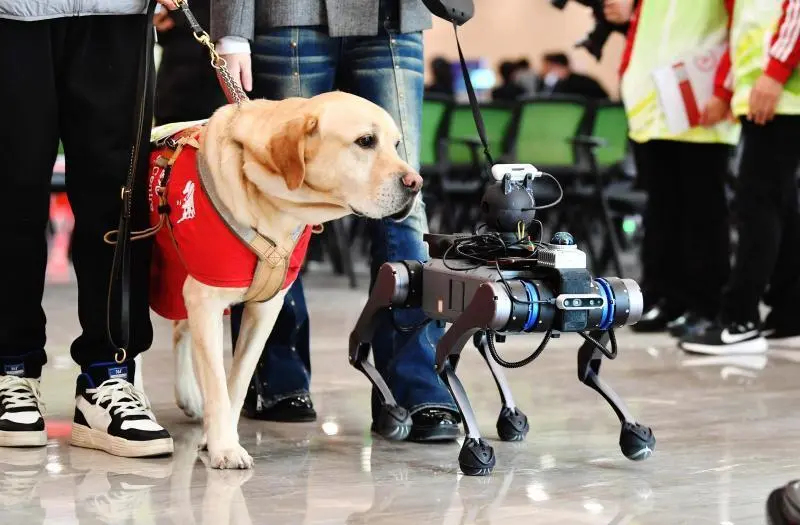Reed’s Home Volunteer Service Center in Zhenjiang, Jiangsu, has partnered with universities in the province to launch a development project for a technology-driven APP designed to assist the visually impaired.
The APP, named "Intelligent Barrier-Free Travel", aims to ensure the safe travel of visually impaired individuals, said the organization. Reed’s Home announced the need for university student volunteers nationwide to collect video data of pedestrians crossing streets, which will serve as the foundation for the APP. Volunteers will simulate the experience of visually impaired individuals crossing the road, using their phones to capture clear and stable video footage.
The filming should start from the moment the volunteer approaches the intersection, proceed steadily across the crosswalk, and continue until they safely reach the other side. The selected cities should have multiple representative intersections, enabling volunteers to practice shooting techniques in real-world scenarios while experiencing the diversity and complexity of urban traffic.
Volunteer service hours will be accurately recorded based on participation and contributions, and outstanding volunteers will be awarded certificates of volunteer service in recognition of their public spirit and contributions.
Recently, the China Disabled Persons’ Federation, along with eight other departments, jointly issued the "Guidelines on Promoting Technology for the Disabled", emphasizing the importance of strengthening the research and application of technology for aiding individuals with disabilities.












